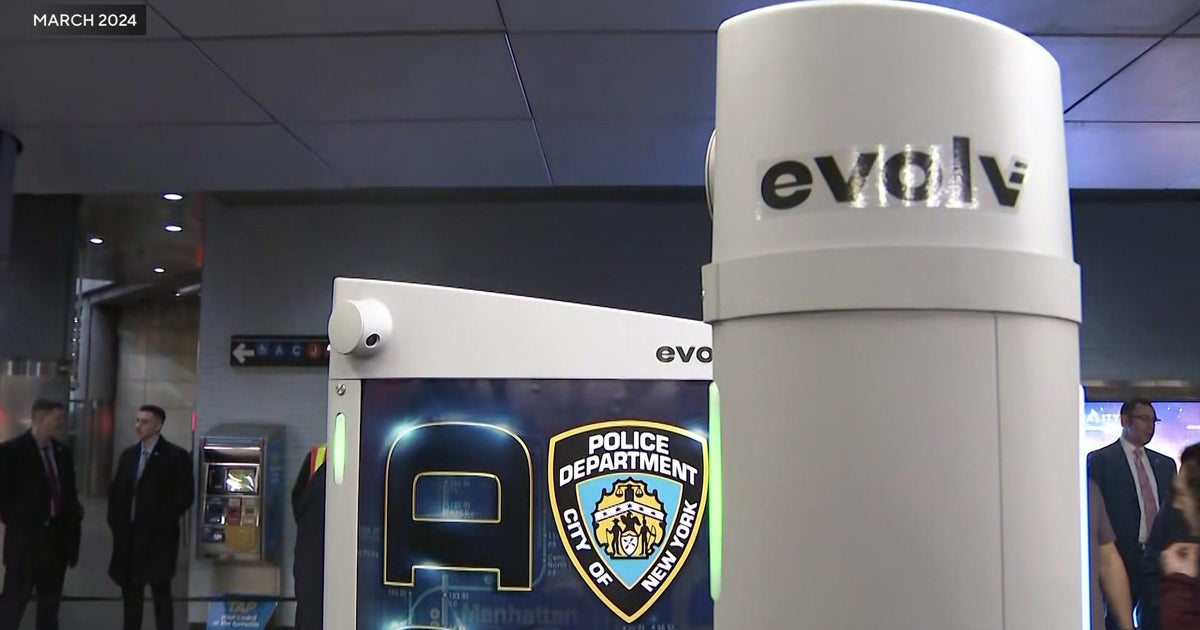Study shows increased signs of dementia in 9/11 first responders: "Dementia at midlife is exceedingly rare."
NEW YORK -- As we approach the 21st anniversary of 9/11, there's troubling news on the horizon.
World Trade Center first responders who inhaled toxic dust at Ground Zero are taking part in an unprecedented study.
CBS2's Jennifer McLogan reports they may be at increased risk of developing dementia and other forms of memory loss.
FDNY Lt. Michael O'Connell, of Westbury, spent weeks at Ground Zero after 9/11. It changed his life forever.
"We worked in that debris for eight or nine months, slept in it, ate in it, cried in it, bled in it. It was a toxic cesspool," he told CBS2's Jennifer McLogan.
O'Connell's serious lung-related illness forced an early retirement, and now there is more concern in his future.
"Knowing that cognitive function is now being put on the table for us," he said.
In an alarming new Stony Brook University study, 9/11 first responders are showing signs of cognitive impairment at roughly three times the rate of the general population.
"Originally, we were stunned. We kind of assumed we'd done something wrong," Stony Brook University researcher Dr. Sean Clouston said. "We found just a large body of people at midlife. Dementia at midlife is exceedingly rare."
Half the study group of 100 has dementia.
"The loss of memory is definitely there, but at the same time, we are seeing physical slowing and changes to physical frailty," Clouston said.
The average age is 54. Two decades after the World Trade Center attack, unique dementia, different than Alzheimer's, is being found in the white matter and cerebellum.
"It seems to be happening earlier, and when it's happening earlier, it's also more severe," Clouston said.
"Their mental capacity has declined immensely," said John Feal, of the FealGood Foundation in Nesconset.
Feal, injured at Ground Zero, sees colleagues in mental decline. He has become a national advocate for first responders.
"Me, personally, I'm more afraid to not know who I am and not know what day of the week it is, than to have cancer," Feal said.
"Are you being tested?" McLogan asked.
"When I go to Stony Brook, I took the test," Feal said.
Feal and O'Connell are spreading the word -- take care of physical and mental health.
"Do puzzles, read, make sure you're talking, conversation. Just make sure you're using your brain," O'Connell said.
Many of the 9/11 first responders taking part in the cognitive studies say they are willing to donate their brains after death in the name of science.
An estimated 100,000 first responders were potentially exposed to the environmental contaminants at Ground Zero. Many now also suffer from PTSD, and others have died from an array of cancers, COPD and lung disease.




